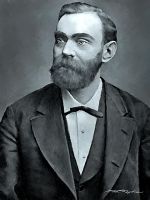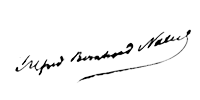Images
Alfred Nobel
Chemist, Inventor, Awesome Administrator, Social Reformer.
“It could and should soon come to pass that all states pledge themselves collectively to attack an aggressor. That would make war impossible, and would force even the most brutal and unreasonable Power to appeal to a court of arbitration, or else keep quiet.”
Biography
Alfred Nobel’s Will
Bearing Nobel’s Name
Childhood and Youth
Death
Diet
Family
Founder
Harassment
Health
Humor/Quotations
Images
Immigration
Interests, hobbies
Patents
Sadness
Thought Process
Videos
Work Environment
Images
1. Alfred Nobel Images
2. Alfred Nobel, relatives, friends, clergy, lab assistant and others
3. Alfred Nobel’s and father Immanual Nobel’s work
4. Alfred Nobel homes
5. Alfred Nobel Images regarding his love of literature
Images – Alfred Nobel’s Homes
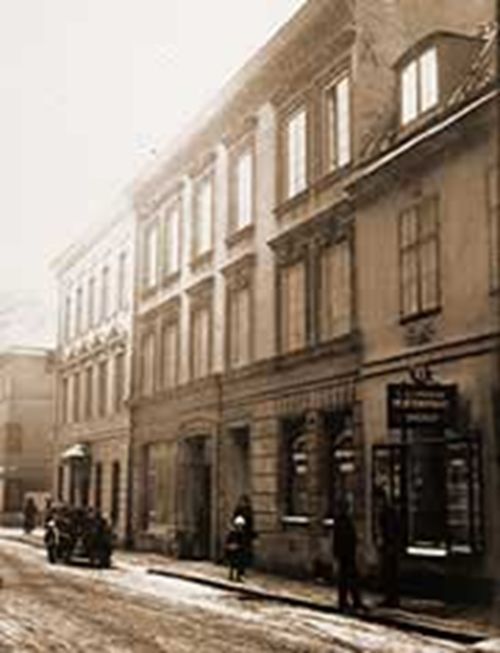
Alfred Nobel was born in this house on 21 Oct 1833. Source: nobelprize.org.
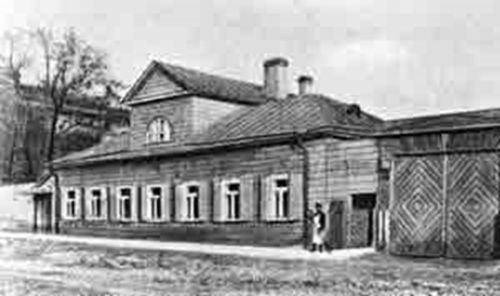
House on 24 Petrogradskaya Embankment, Russia. Source: nobelprize.org.
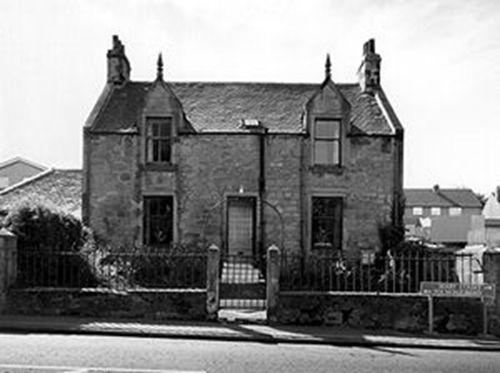
‘Hawthorn Cottage’ – Nobel’s house in Lauriston, Scotland. The only building directly associated with Alfred Nobel remaining in Scotland. Source: nobelprize.org
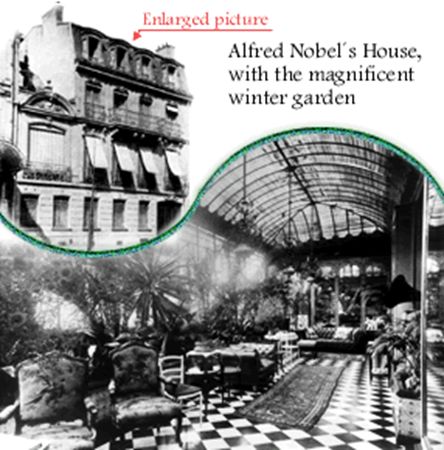
Alfred Nobel’s house, with the magnificent garden, Paris. Source: nobelprize.org.
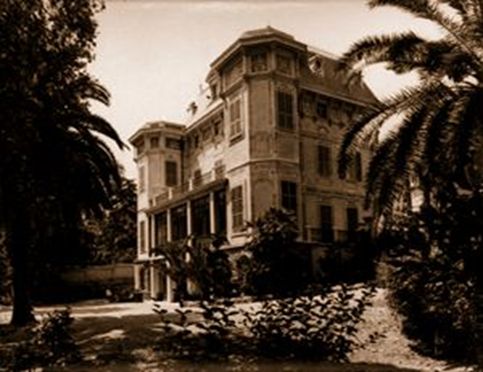
Villa Nobel in San Remo, Italy, overlooking the Mediterranean Sea. Alfred Nobel lived here during the last few years of his life. He passed away due to a lingering heart ailment and a stroke on 10 Dec 1896. By then his parents, all his siblings – two elder brothers and a younger brother – had passed away. He had not married. At the time of death, in the house, with him were only his servants who did not understand him speaking in Swedish. Source: nobelprize.org.
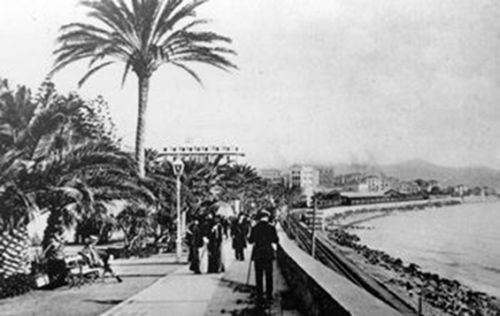
A postcard view of Sanremo by the waterfront done by La Fotometalgrafica, Bologna, Italy. Source: Åke Erlandsson, Swedish Academy/nobelprize.org.
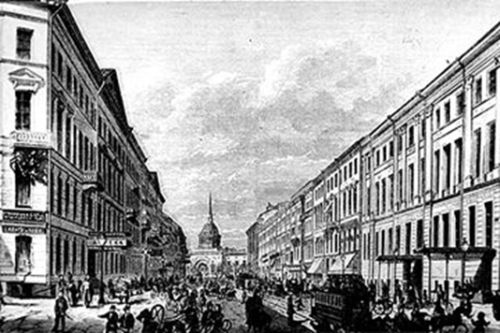
Nevskij Prospekt, the main street of St. Petersburg, in the 1870s. Source: nobelprize.org.
